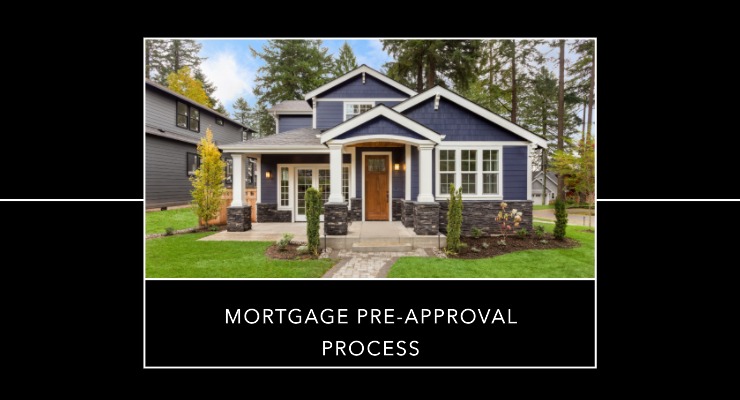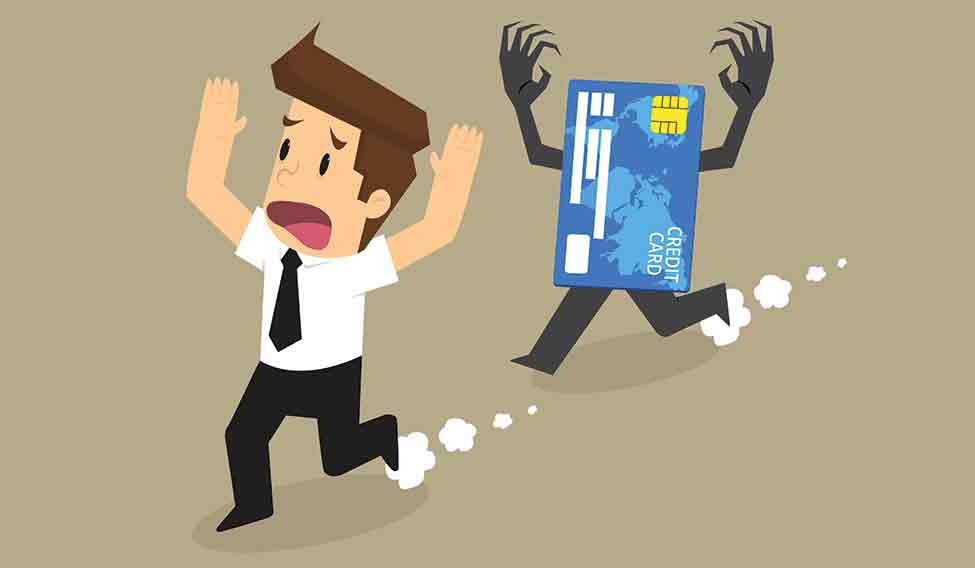The journey to homeownership can be both exciting and daunting. One crucial step on this journey is the mortgage pre-approval process. It not only gives you a clear idea of your budget but also puts you in a stronger position when negotiating with sellers. This article will take you through the mortgage pre-approval process, explaining its importance and how it can benefit your home-buying journey.
What is Mortgage Pre-Approval?
Mortgage pre-approval is a process where a lender examines your financial situation to determine how much they would be willing to lend you for a home purchase. This process involves a detailed look at your income, assets, credit history, and debts. The outcome is a letter stating that the lender is willing to give you a mortgage up to a certain amount, given that the information you provided is accurate and your financial situation remains the same. Securing a mortgage pre-approval not only gives you a realistic budget when house hunting but also strengthens your position when it’s time to make an offer.
Mortgage Pre-Approval vs. Pre-Qualification: Understanding the Difference
While they may sound similar, there’s a significant difference between mortgage pre-approval and pre-qualification. Pre-qualification is an initial evaluation of your creditworthiness based on the financial information you provide to the lender. It gives you an estimate of how much you might be able to borrow but does not involve any commitment from the lender.
On the other hand, the mortgage pre-approval process is much more thorough. The lender verifies your financial information and checks your credit. The pre-approval letter from the lender is a conditional commitment to lend you a specific amount. Therefore, a mortgage pre-approval carries more weight than a pre-qualification and can give you a competitive advantage in the home-buying process.
Steps Involved in the Mortgage Pre-Approval Process
- Credit Check: The first step in the mortgage pre-approval process is a credit check. Lenders will assess your creditworthiness by examining your credit scores, credit history, and repayment habits.
- Financial Review: Lenders will then review your financial situation in detail. This includes your income, assets, employment history, and existing debts. This step aims to determine your ability to repay the loan.
- Debt-to-Income Ratio Calculation: Lenders calculate your debt-to-income (DTI) ratio, which is the percentage of your gross monthly income that goes towards paying debts. A lower DTI ratio increases the chances of pre-approval.
- Pre-Approval Letter: If all checks out, the lender will issue a pre-approval letter stating the mortgage amount you’re qualified to borrow. This letter is usually valid for 60-90 days.
Documentation Needed for Mortgage Pre-Approval
Obtaining a mortgage pre-approval requires several documents to prove your financial standing. Typically, you’ll need:
- Proof of Income: This could include recent pay stubs, tax returns, and W-2 or 1099 forms.
- Proof of Assets: You’ll need to present bank statements and investment account statements to prove you have funds for the down payment and closing costs.
- Employment Verification: Lenders might verify your employment status and salary.
- Identification: Finally, you’ll need a valid form of identification, such as a driver’s license or passport.
Factors Influencing the Mortgage Pre-Approval Outcome
Several factors can influence the outcome of your mortgage pre-approval:
- Credit Score: A higher credit score typically means a better interest rate and a higher chance of pre-approval.
- Debt-to-Income Ratio: Lenders prefer borrowers with a lower DTI ratio as it indicates a lower risk.
- Employment History: Stable employment history signifies a reliable income, which is favorable for pre-approval.
- Down Payment: The ability to make a larger down payment can positively influence the pre-approval process.
The Impact of Credit Score on Mortgage Pre-Approval
Your credit score is a crucial factor in the mortgage pre-approval process. It’s essentially a numeric representation of your creditworthiness. A high credit score signifies to lenders that you have a history of responsibly handling your credit and are likely to repay your loan in a timely manner. Consequently, borrowers with high credit scores typically qualify for lower interest rates and more favorable loan terms. Conversely, a low credit score may make it more challenging to get pre-approved for a mortgage and can result in higher interest rates.
What to Do After Receiving Mortgage Pre-Approval
Once you receive your mortgage pre-approval, it’s time to start shopping for your dream home within your approved price range. It’s crucial to keep in mind that pre-approval is typically valid for a specific period, usually 60-90 days. During this time, try to avoid any significant financial changes, such as changing jobs or making large purchases, as these could affect your final mortgage approval. If your pre-approval expires before you find a home, you’ll need to go through the pre-approval process again, which may involve another credit check and financial review.
Conclusion
Understanding the mortgage pre-approval process is an essential step in the homebuying journey. By preparing the necessary documentation and understanding what lenders are looking for, you can improve your chances of getting pre-approved. Remember that a mortgage pre-approval can give you a competitive advantage when house hunting, showing sellers that you are a serious and qualified buyer.
Frequently Asked Questions
- Can I get pre-approved from multiple lenders?
Yes, you can get pre-approved from multiple lenders. In fact, it’s recommended to do so as it allows you to compare loan options, terms, and rates from different lenders. However, keep in mind that each lender will perform a hard inquiry on your credit report, which could impact your credit score.
- Does pre-approval guarantee the final mortgage approval?
No, pre-approval does not guarantee the final mortgage approval. Pre-approval is an indication that you are a qualified borrower based on an initial assessment of your creditworthiness. However, the final approval will be based on a more thorough review of your financial situation, the specific property you choose, its appraised value, and potentially other factors.
- Can I get pre-approved if I have a poor credit score?
Yes, but it may be more difficult. While a poor credit score doesn’t automatically disqualify you from getting pre-approved, it may limit your loan options and result in higher interest rates. There are some lenders who specialize in offering mortgages to those with lower credit scores, so it’s worth shopping around.
- How can I improve my chances of getting pre-approved?
Improving your credit score, reducing your debt-to-income ratio, and ensuring you have a stable income can all help to increase your chances of getting pre-approved. It’s also important to gather all the necessary documentation before starting the pre-approval process to speed up the process and reduce potential delays.
- Does the pre-approval process affect my credit score?
Yes, the pre-approval process typically involves a hard credit inquiry, which can have a small negative impact on your credit score. However, the impact is usually minor and temporary. If you’re planning to apply for pre-approval with multiple lenders, try to do so within a short time frame. Multiple inquiries for the same type of credit product within a short period (typically 14-45 days, depending on the credit scoring model) are usually combined and treated as a single inquiry for scoring purposes.




















